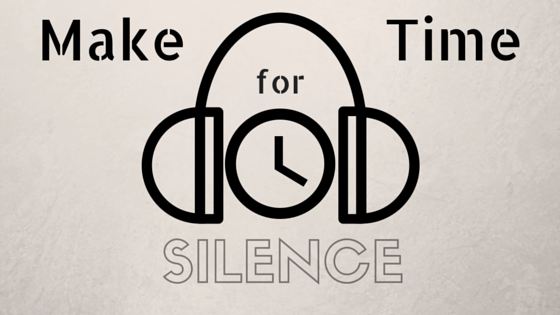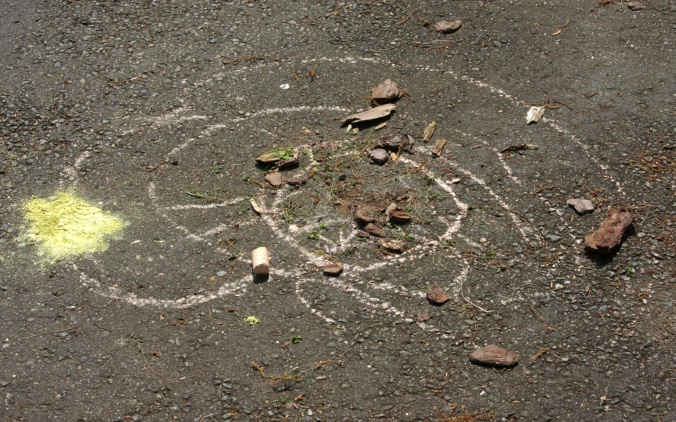
I know I’ve mentioned the importance of silence before, but now I’m going to dedicate a whole post to it!
If you are someone in a care-giving role to young children, you know just how precious (and rare!) silence is!
We know, because of researchers like Edwin Gordon, that the first six years of life are the most important in developing music aptitude, so that is why we should take the time to develop those skills in our children’s rapidly maturing minds. However, one of the most important aspects of developing musically is learning to audiate. You can think of audiation as the act of thinking in music:
Consider this analogy; in cable television, visual images are readily available for any channel; however, to see them you need a cable box to unscramble the images. During primary music development, children create a “box” or mental representation to unscramble the aural images of music. This multifaceted, complex mental representation is known is “audiation”. Audiation is paramount in importance because it is basic to all types of musical thinking. Without audiation, no musical growth can take place. – Music Together
So, just as children learn to speak and read by being read to, they learn to sing and read music by being sung to. Just as researchers say to raise your child in a language-rich environment, you need a music-rich environment.
Here is the caveat- that doesn’t mean bombarding your child with language or music constantly.
Yale researchers have found that young mice exposed to more than 10 hours of continuous noise a day (something as low as a television in the background) developed fewer blood vessels in their maturing brains. This is most crucial for babies younger than two.
Think about it- when there is a ton of noise and distraction and you can’t seem to concentrate, what do you say? – “I CAN’T HEAR MYSELF THINK!”
Your child needs silence in order for their brain to make the leap from hearing music to thinking music. The human brain is a marvelous machine, and it takes things that we have experienced, and then begins to experiment with them. Anyone who has watched young children knows how creative they are naturally. They use things in ways we could never imagine as adults.

Photo by Paul, licensed under creative commons.
Deep silence is the mother of creativity. – Sri Sri Ravi Shankar
For them to be able to do this, they need silence. A time without direction, and without distraction. Some children will look quietly at books, some will build with the couch cushions and loudly re-enact their favorite story (with minor alterations!), and some will sing their favorite songs, changing the words to fit their game, or even make up their own tune to fill in the silence of undirected play. Unfortunately for us adults, especially those that covet calm and quiet, this rarely results in actual silence!
So shut off the radio, stop reading aloud books, Mom or Dad, and encourage quiet play. Shut down the distractions so that your child’s mind can grow and their creativity can flourish. You will all find some peace, but if your children are very young, probably very little quiet!